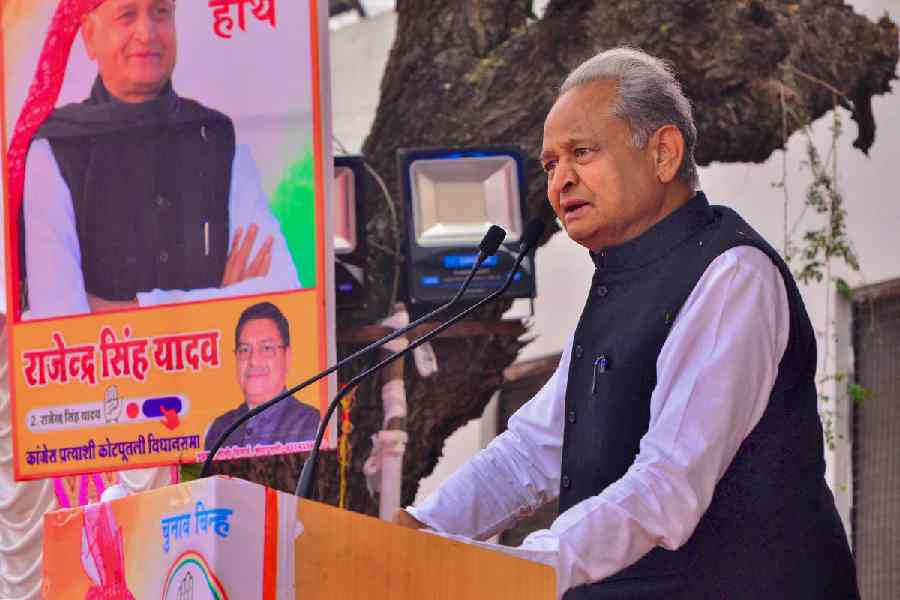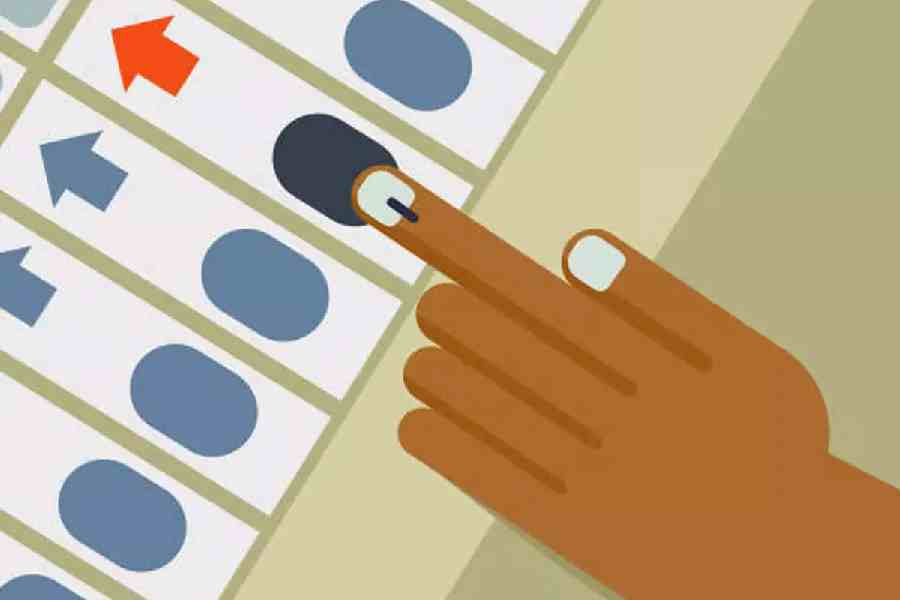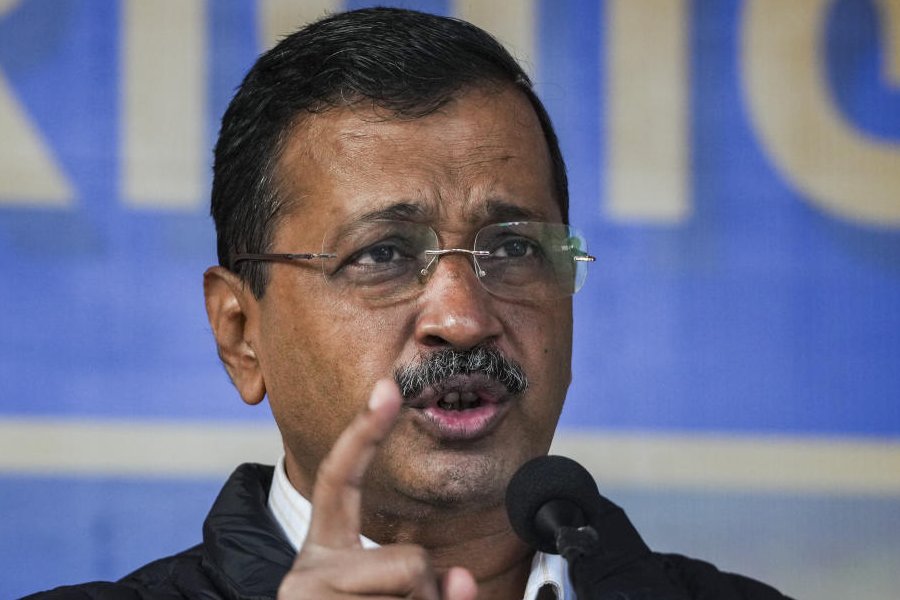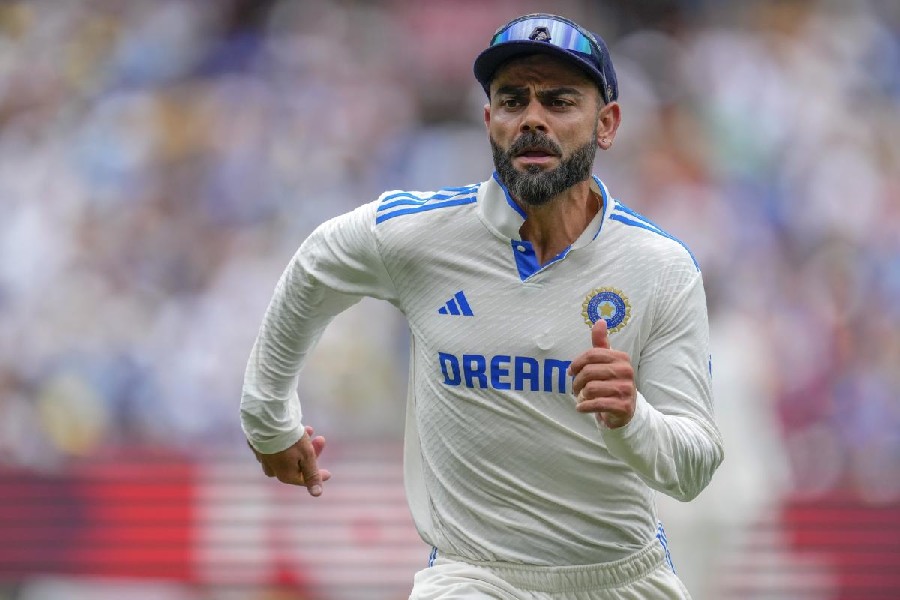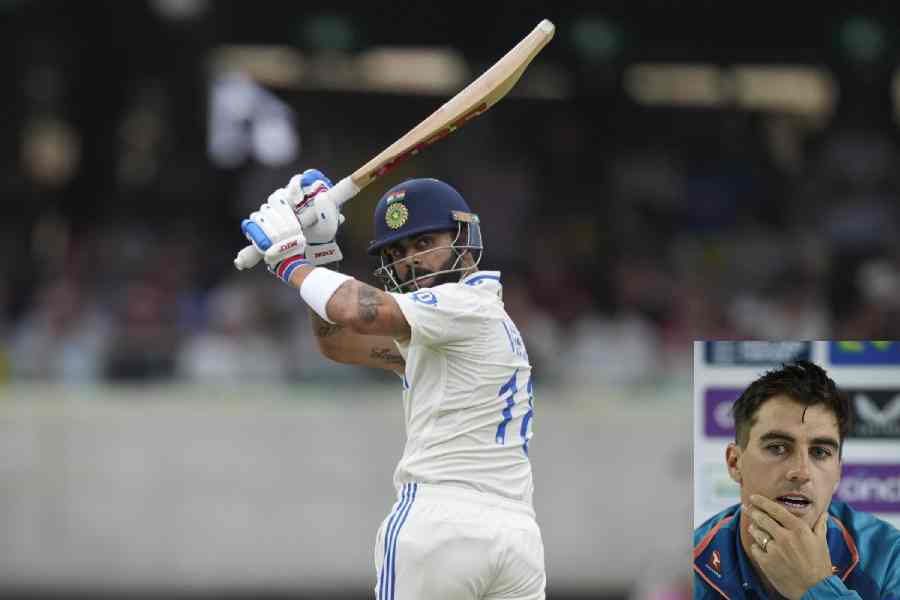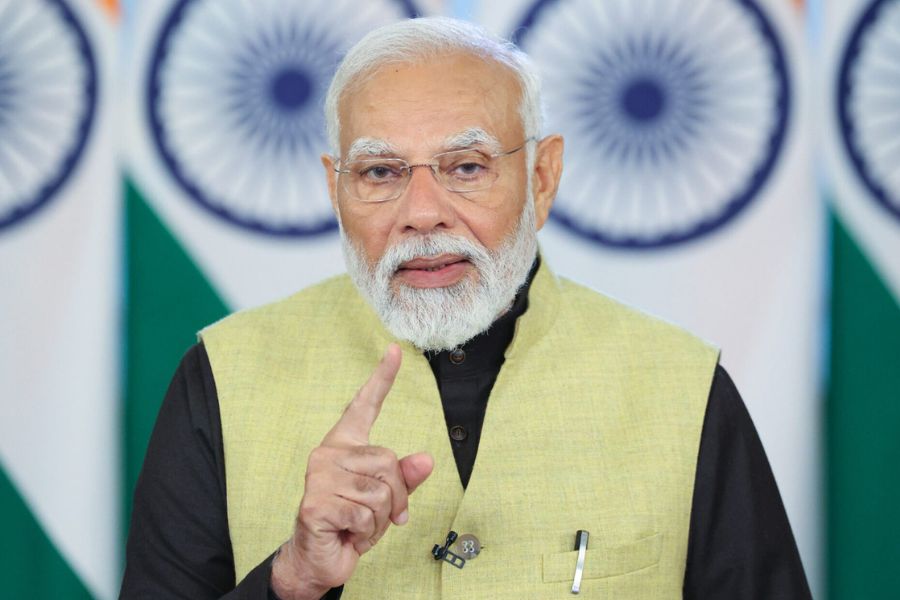Rajasthan chief minister Ashok Gehlot on Thursday said the “language” spoken by the top BJP leadership during electioneering was “dreadful”, bringing to the people’s attention the issue of religious polarisation during elections even as the Election Commission inexplicably refused to intervene effectively.
Speaking to the media here on Thursday, Gehlot said: “Prime Minister Narendra Modi, home minister Amit Shah and their chief ministers used dreadful language. They relied on the same content — vengeful and aimed at creating communal tension.”
While most political observers were openly saying the BJP had managed to polarise the voters on religious lines, the chief minister said: “The people didn’t appreciate this kind of campaign. They tried their best to incite passions but the strategy didn’t work. Whatever the exit polls say today, the Congress will form the government in Rajasthan. In none of the five states will the BJP succeed in forming the government.”
The Prime Minister led BJP campaigners in creating an impression that Hindus didn’t enjoy the freedom to even celebrate their festivals in Rajasthan and that the Gehlot government’s appeasement politics had endangered their lives.
Both Modi and Shah hyped up the heinous murder of a tailor in Udaipur and other such crimes to buttress their arguments and talked about the Ram temple to present themselves as the sole protector of Hinduism.
Among the BJP chief ministers, Assam’s Himanta Biswa Sarma has surpassed all others in toxic discourse, weaving an explicit Hindu-versus-Muslim narrative into every election.
Sarma often said: “I am happy I am being accused of doing Hindu politics. Should I do Babar-Aurangzeb politics in India?”
He tried to sow fear among Hindus by arguing that those he called “Babar-Aurangzeb” would have taken over by now after finishing the Sanatan Dharma had the BJP not been there.
Sarma portrayed the Congress as anti-Hindu saying: “Hindu Bharat ka nirman karta rahega aur aaplog uske kuchh nahin kar paoge (Hindus will keep building India and you won’t be able to harm them).”
A high-profile BJP candidate, Baba Balaknath from the Tijara constituency, portrayed the fight between the BJP and the Congress as a battle between India and Pakistan.
Balaknath, a sitting MP and one of the candidates for the chief minister’s post, has modelled himself on Uttar Pradesh chief minister Yogi Adityanath. He repeatedly referred to the India-Pakistan cricket match and asked voters whether or not they wanted to defeat Pakistan in a clear insinuation against his Congress rival, who is a Muslim.
Shah’s speeches also revolved around communal issues, with him listing the temples demolished under Congress rule.
It is not open to dispute that such campaigns blatantly violate the model code of conduct. The Congress had petitioned the Election Commission giving specific examples. The Election Commission did question Sarma but has not taken note of any complaint against Modi or Shah over the last nine years.
Congress leaders acknowledged that it was futile to expect any change in the commission’s attitude during the 2024 parliamentary elections.
The Congress has relied primarily on its welfare agenda in all the states after a similar strategy succeeded in Karnataka. Although the Prime Minister had desperately tried to polarise the voters in Karnataka as well, asking people to vote in the name of Bajrangbali, the BJP was overwhelmingly rejected.
The Congress believes it has delivered excellent governance in Rajasthan, introducing revolutionary welfare measures and legislations, while the BJP is in disarray and is facing an acute leadership crisis.
If the BJP still manages to wrest power from it in Rajasthan, the Congress will have to finetune its strategy for the parliamentary elections, coming up with ways to counter the polarising tactics of the BJP.
Gehlot said on Thursday that there was no anti-incumbency against his government. The Congress will have to seriously deal with the BJP’s politics if Gehlot eventually fails to retain power.

